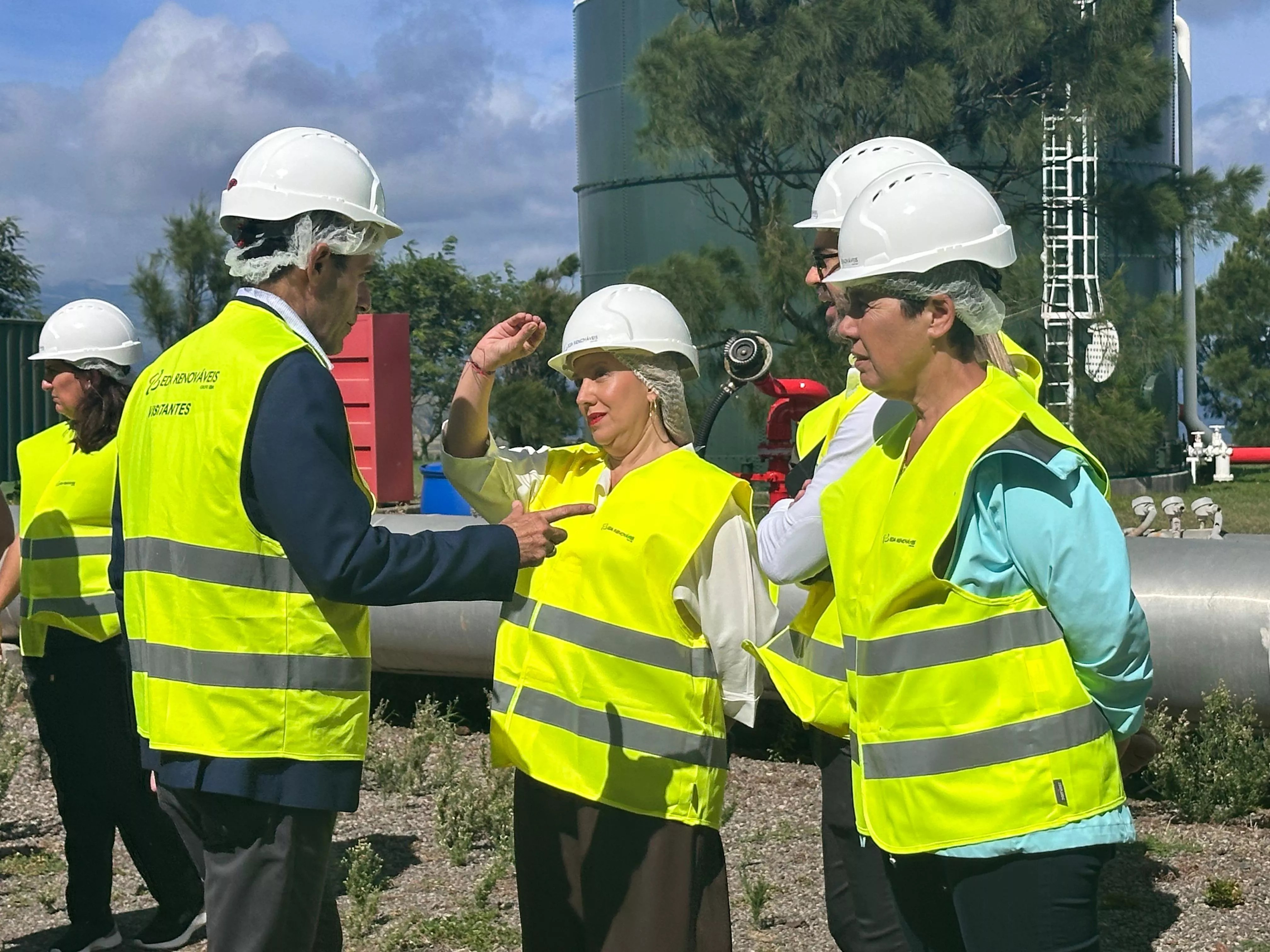
LA LAGUNA (TENERIFE), 26 Oct. (EUROPA PRESS) –
Specialists from around the world in the field of care and social movements will meet from November 3 to 5 in Tenerife in what will be the 1st International Congress on Care, which can be followed in person or live on the internet.
The event, under the slogan ‘Right to a dignified life: co-responsibility and sustainability’, is aimed at the general population, from caregivers and cared for; to students and professionals; entities of the Municipal Network of Co-responsible Care and of the Third Sector of social action; and members of companies related to areas of equality, co-responsibility and care.
The conference, which will occupy the mornings and afternoons of Thursday and Friday as well as Saturday morning, will take place in the Aula Magna of the Guajara Campus of the University of La Laguna (ULL). Both assistance in person and through the internet is free but requires prior registration through whatsapp, by phone (+34) 922 389 410, or from the following link: www.acufade.org/congress
The Secretary of State for Equality and against gender violence, Ángela Rodríguez Martínez, and the Canarian Minister of Social Rights, Diversity and Youth, Noemí Santana, will take part in the opening ceremony, while the closing ceremony will feature the Canarian Deputy Minister of Equality and Diversity, Silvia Jaén.
Throughout the three days, the director of the UNESCO chair ‘Women, development and cultures’, Sandra Ezquerrs; the leader of the Swedish Family Care National Competence Center, Elizabeth Hanson; the executive director of the European EuroCarers network, Stecy Ighemonos, or the executive director of the Spanish Confederation of Alzheimer’s (Ceafa), Jesús Rodrigo, among many other personalities who will complete an extensive program of presentations and round tables.
DIPLOMA AND UNIVERSITY CREDIT
Those who attend will obtain an accredited diploma with the ‘Recognition of health interest’ issued by the Government of the Canary Islands and in the case of university students, the hours of attendance may be validated for an ECTS credit.
In addition, simultaneous translation from Spanish to English, sign language interpretation and care services for minors and dependents will be provided.
The congress is organized by the Association of caregivers, relatives and friends of people with dependency, Alzheimer’s and other dementias (Acufade) in collaboration with the Department of Social Rights, Equality, Diversity and Youth of the Government of the Canary Islands, in its eagerness to advance in the construction of the Corresponsables Network of the Canary Islands.
HOW TO REACH THE HIGHEST LEVELS OF SOCIAL PROFITABILITY
Both the public administrations and the third sector companies involved in the meeting aspire to “generate a context that opens spaces for conversation and action”, as detailed through their list of objectives. It is, they explain, “to reach the highest levels of social profitability possible, with the projection of a view from all latitudes and implicit vertices in care within the framework of the Canarian Corresponsables Plan”.
Said plan is framed in the seed policy of a public co-responsible care system, elaborated by the Ministry of Equality, to favor family and work conciliation while promoting the creation of employment within some sectors that present greater social fragility and from where They intend to promote processes capable of building a “Canary Islands that can live and live in equality”.
LEAVE GENDER BIAS BEHIND AND RESIGNIFY CARE
They also aspire to leave “behind the gender bias that weighs on the world of care to embrace a fact that crosses us from” “fragility and interdependence” and that, therefore, “builds from humanity”, “tenderness” and the “community”.
In addition, the meeting coincides with the commemoration of the International Day of people who care, which is celebrated every November 5. During the three days, the congress will focus on the need to resignify care as an engine of social change, the evolution of regulatory frameworks, as well as existing care systems and resources.
















